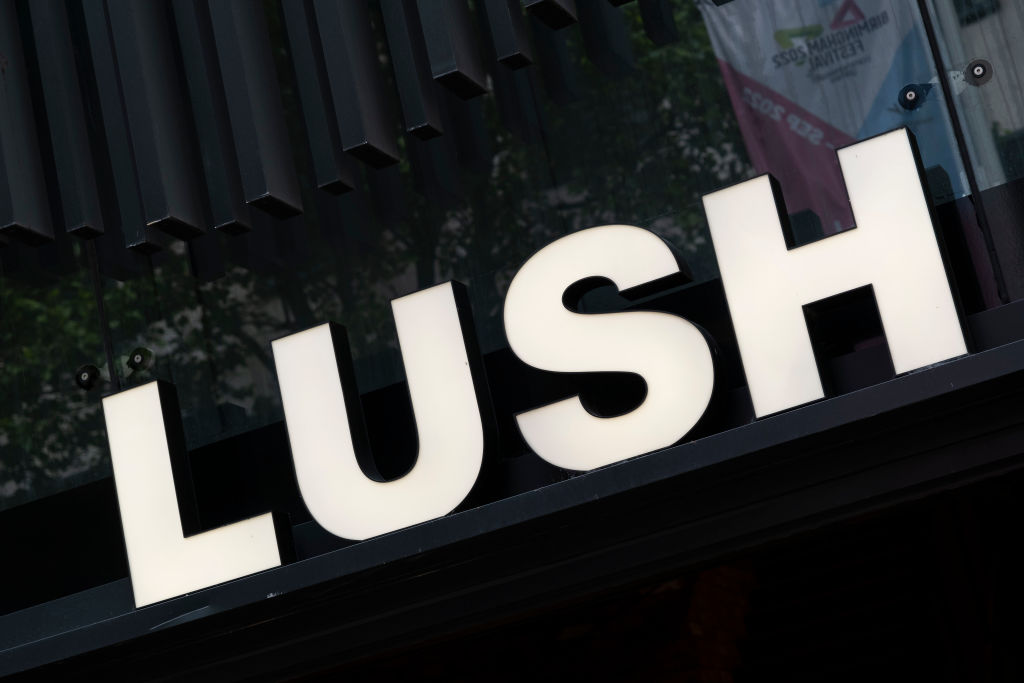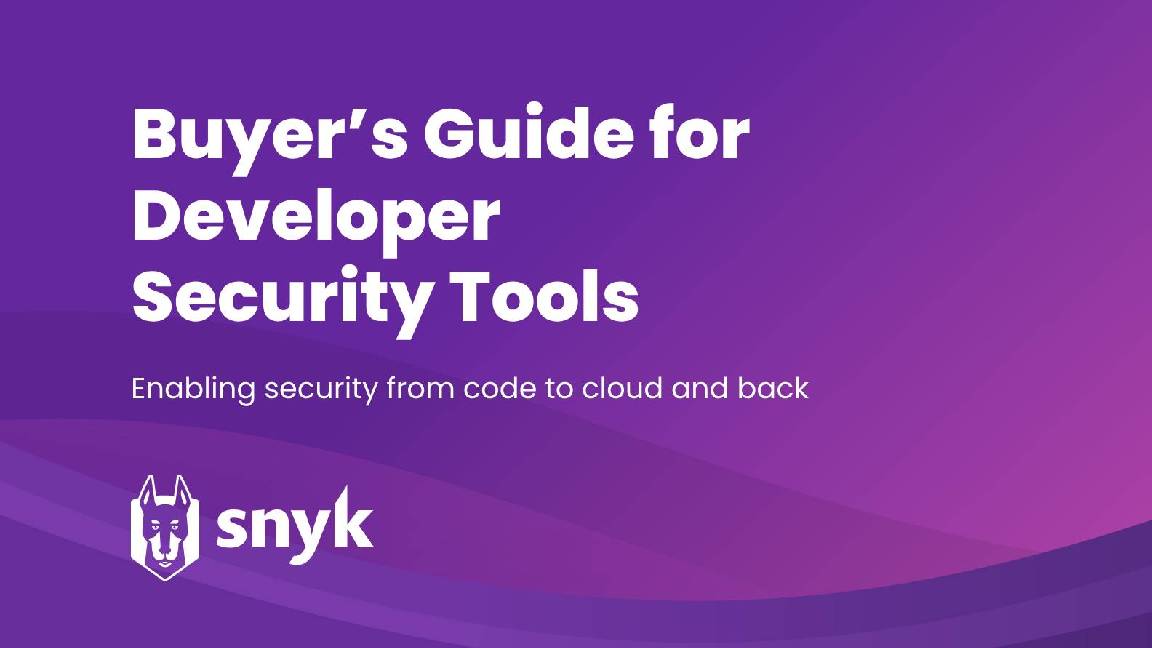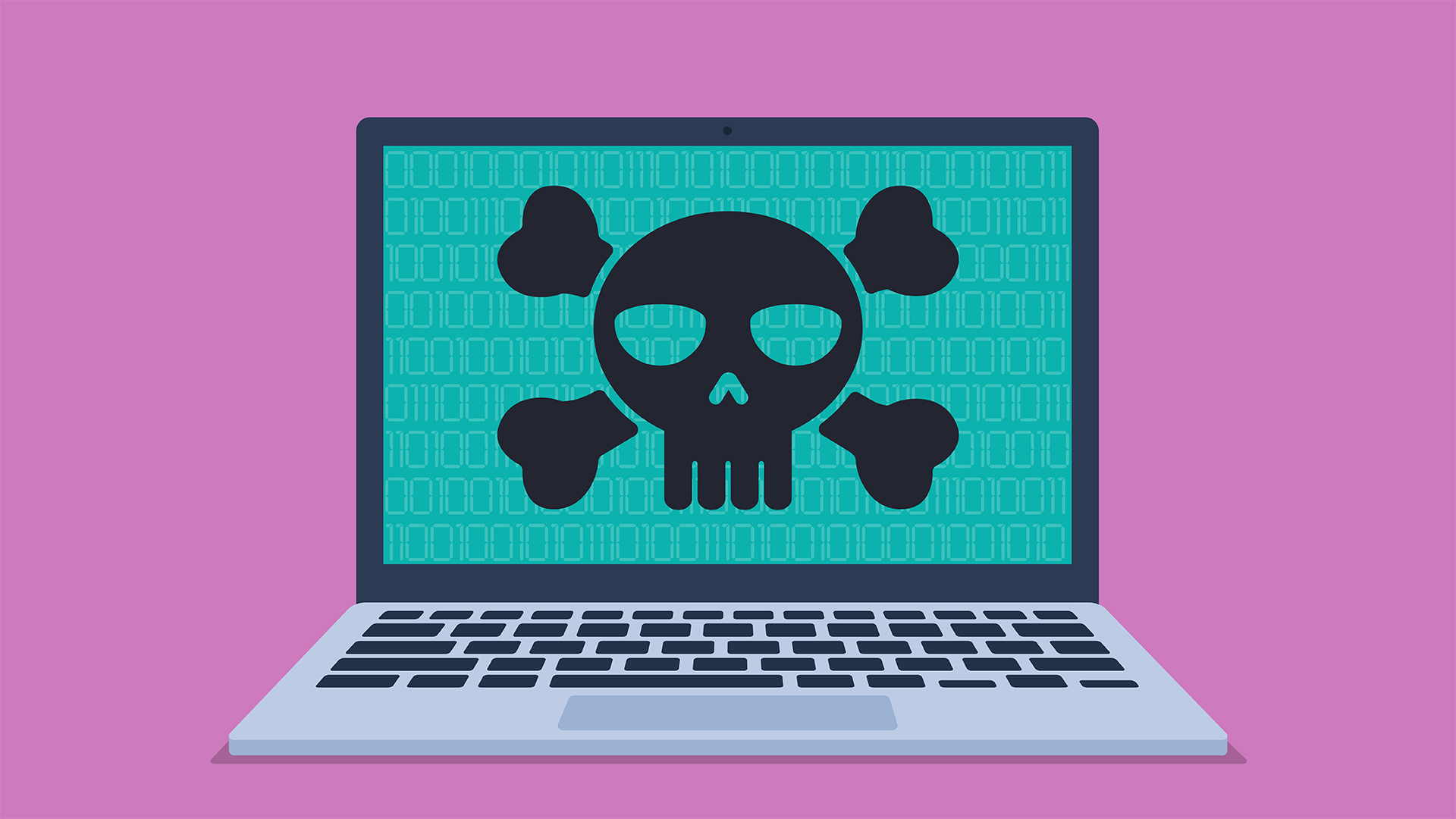Lush cyber attack claimed by Akira ransomware gang
The group says it has accessed and will release data including passports, tax information, and client data


A cyber attack on the UK-based cosmetics and bath product company Lush has been claimed by the Akira ransomware group.
The incident was first reported on 11 January, with Lush saying it was working with external IT forensic specialists to try to uncover what happened.
"The investigation is at an early stage but we have taken immediate steps to secure and screen all systems in order to contain the incident and limit the impact on our operations," the company said in a statement. "We take cyber security exceptionally seriously and have informed relevant authorities."
Now, the Akira ransomware gang appears to have claimed responsibility for the attack.
"110 GB of their files are prepared for uploading. There are a lot of personal documents especially passports. Accounting, finance, tax, projects, clients information and much more could be found in the archives we are going to share," it says in a post shared by the RansomLock open source ransomware-tracking website.
Read more
Lush says it’s now operating largely as normal. However, Brian Boyd, head of technical delivery at security firm i-confidential, says there may be more effects to come.
"Lush is a massive cosmetics company that operates globally, so the perpetrators have potentially gained access to a treasure trove of customer data, which they could use to extort the company or to execute targeted phishing scams," he says.
Sign up today and you will receive a free copy of our Future Focus 2025 report - the leading guidance on AI, cybersecurity and other IT challenges as per 700+ senior executives
"Lush must inform impacted parties as a priority so they can take steps to protect their data. Customers must understand if and how their data has been impacted, because any compromised information could be used against them."
The Akira group was first observed during spring last year and was found targeting Cisco VPNs that were not configured for multi-factor authentication (MFA). According to Sophos, it has mainly targeted organizations located in Europe, North America, and Australia, attacking sectors as diverse as government, manufacturing, technology, education, consulting, pharmaceuticals, and telecommunications.
RELATED RESOURCE

What are the essentials of a developer security platform?
The group has already been busy this year, carrying out several attacks: Earlier this month, it was confirmed to be the gang behind the hack of Toronto Zoo, with the group saying it was publishing 133GB of data, including NDAs and confidential agreements, as well as personal files such as drivers' licences.
It has also claimed responsibility for the recent hack of Finnish IT services and enterprise cloud hosting provider Tietoevry. The attack affected one of Tietoevry's data centers in Sweden affecting cloud hosting customers including Sweden's largest cinema chain, Filmstaden, retail chain Rusta, and numerous universities and colleges.
In the last few days, the group has claimed attacks on Brazilian Business Park, ANI Networks, Ding Sheet Metal and Valley Telecom Group.
"It was also responsible for breaching almost 465,000 records in 2023 and had an average ransom of $1 million," says Rebecca Moody, head of data research at Comparitech.
In response to Akira's claims, Lush told ITPro: "We know the group responsible for this incident have made claims regarding data they have taken relating to Lush. Alongside our specialist partners we are working hard to validate these claims."
Emma Woollacott is a freelance journalist writing for publications including the BBC, Private Eye, Forbes, Raconteur and specialist technology titles.
-
 I couldn’t escape the iPhone 17 Pro this year – and it’s about time we redefined business phones
I couldn’t escape the iPhone 17 Pro this year – and it’s about time we redefined business phonesOpinion ITPro is back on smartphone reviews, as they grow more and more intertwined with our work-life balance
-
 When everything connects, everything’s at risk
When everything connects, everything’s at riskIndustry Insights Growing IoT complexity demands dynamic, automated security for visibility, compliance, and resilience
-
 NHS supplier DXS International confirms cyber attack – here’s what we know so far
NHS supplier DXS International confirms cyber attack – here’s what we know so farNews The NHS supplier says front-line clinical services are unaffected
-
 LastPass hit with ICO fine after 2022 data breach exposed 1.6 million users – here’s how the incident unfolded
LastPass hit with ICO fine after 2022 data breach exposed 1.6 million users – here’s how the incident unfoldedNews The impact of the LastPass breach was felt by customers as late as December 2024
-
 Researchers claim Salt Typhoon masterminds learned their trade at Cisco Network Academy
Researchers claim Salt Typhoon masterminds learned their trade at Cisco Network AcademyNews The Salt Typhoon hacker group has targeted telecoms operators and US National Guard networks in recent years
-
 Trend Micro issues warning over rise of 'vibe crime' as cyber criminals turn to agentic AI to automate attacks
Trend Micro issues warning over rise of 'vibe crime' as cyber criminals turn to agentic AI to automate attacksNews Trend Micro is warning of a boom in 'vibe crime' - the use of agentic AI to support fully-automated cyber criminal operations and accelerate attacks.
-
 Cyber budget cuts are slowing down, but that doesn't mean there's light on the horizon for security teams
Cyber budget cuts are slowing down, but that doesn't mean there's light on the horizon for security teamsNews A new ISC2 survey indicates that both layoffs and budget cuts are on the decline
-
 NCSC issues urgent warning over growing AI prompt injection risks – here’s what you need to know
NCSC issues urgent warning over growing AI prompt injection risks – here’s what you need to knowNews Many organizations see prompt injection as just another version of SQL injection - but this is a mistake
-
 Chinese hackers are using ‘stealthy and resilient’ Brickstorm malware to target VMware servers and hide in networks for months at a time
Chinese hackers are using ‘stealthy and resilient’ Brickstorm malware to target VMware servers and hide in networks for months at a timeNews Organizations, particularly in the critical infrastructure, government services, and facilities and IT sectors, need to be wary of Brickstorm
-
 AWS CISO Amy Herzog thinks AI agents will be a ‘boon’ for cyber professionals — and teams at Amazon are already seeing huge gains
AWS CISO Amy Herzog thinks AI agents will be a ‘boon’ for cyber professionals — and teams at Amazon are already seeing huge gainsNews AWS CISO Amy Herzog thinks AI agents will be a ‘boon’ for cyber professionals, and the company has already unlocked significant benefits from the technology internally.

